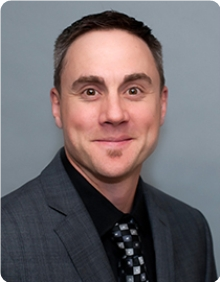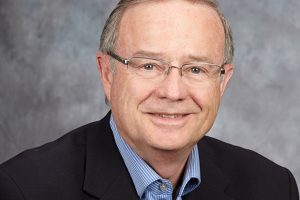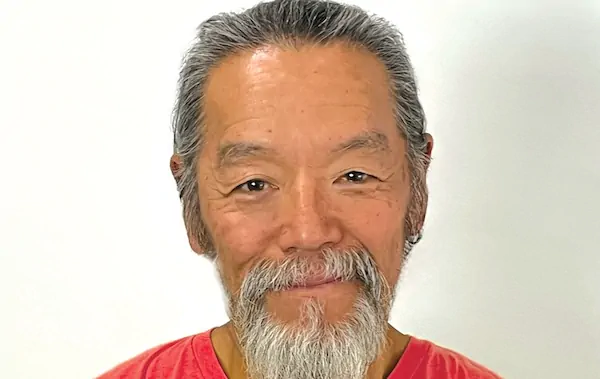The Next Step for Your RRSP
The next step for your RRSP is… February 2020
You’re turning 71 by the end of 2020 and you know you have some important Registered Retirement Savings Plan (RRSP) decisions coming up. Let’s look at the best options for preserving your retirement income and your estate.
The background: You established an RRSP back in the day and contributed to it for many years. Good for you – an RRSP is the best tax-saving, income- building investment vehicle for most Canadians and is undoubtedly an important part of your retirement income. But if you turn 71 this year, you are required by law to wind down your RRSP before the end of 2020. You have three basic conversion options to choose from.
• Cash out your plan: Not a good choice – you’ll likely be taxed on the total amount right away at a high marginal rate.
• Establish a Registered Retirement Income Fund (RRIF): RRIFs are very much like RRSPs with two exceptions: No further contributions are allowed once you’ve established a RRIF and you are required to withdraw a minimum amount each year.
The mandatory minimum RRIF withdrawal is 5.28% for a 71-year-old and increases as you get older. There is no limit on the maximum amount you can withdraw although you won’t want to deplete your RRIF too soon.
If you find you don’t need all the withdrawn funds, you can contribute your RRIF payouts to a Tax-Free Savings Account (TFSA) or a non- registered investment account.
• Purchase an annuity: There are many types of annuities. Here are three:
• A “life annuity” pays you a specified income, usually monthly, for the rest of your life.
• A “term certain annuity” guarantees payments until you turn 90.
• A “joint and last survivor annuity” will continue payments to your spouse after your death.
(But with this option, your monthly payments will be reduced because the benefits are paying for two lives not one. Your spouse can receive the same amount you receive or a lesser amount of your choice).
The right RRSP conversion option for you depends on your personal situation – that’s why you should talk to your professional financial advisor before you take the next step.
Call Phil directly at 1-780-910-1596 and he will show you the best way to start your retirement income.
by Phil Goddard
Level 1 CFP, RRC, EPC, Consultant at IG Wealth Management























